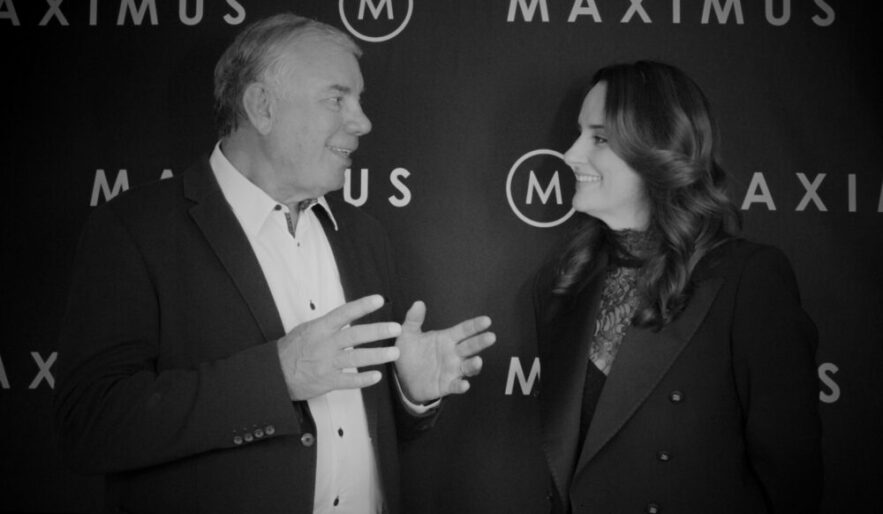Breaking down barriers between people, functions, channels, and business units is a common discussion point for leadership teams. Recognised 30 years ago, silo syndrome is still going strong and every business is vulnerable.
The problem is that humans are wired to create silos. Protecting our patch from outsiders is part of our survival mechanism. Subconsciously, it feels wrong to share information that may assist others.
The traditional business structure plays to these tribal tendencies by being based on teams, each with a manager who is accountable for its performance. When team leaders are highly competitive and want to guard their turf, they inevitably develop an us-versus-them mentality or a silo. The larger the company, the more silos there can be.
Silos do have an upside. The traditional team-based company structure fosters collegial pride, encourages information-sharing between members, and provides clarity around responsibilities and accountabilities. As a means to improve performance at a group level, it works.








